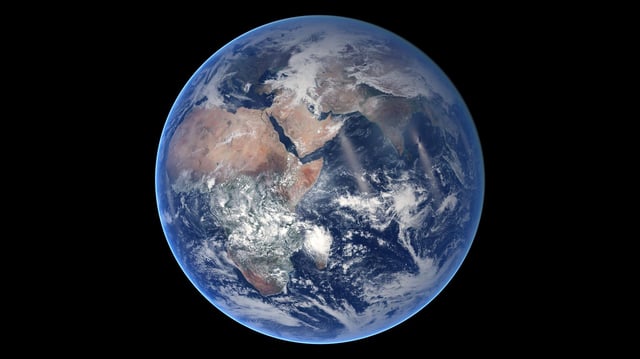Overview
- The study argues that human evolution was not a rare accident but a natural outcome of Earth's environmental changes over time.
- Researchers critique the decades-old 'hard-steps' model, which suggested intelligent life required a series of highly improbable events.
- Key evolutionary milestones, such as photosynthesis and complex animal life, are reinterpreted as predictable outcomes of planetary feedback loops.
- The new model increases the likelihood of intelligent life existing elsewhere, as similar conditions could arise on other planets.
- Future research will test the model by analyzing biosignatures on exoplanets and studying environmental factors that drive evolutionary innovations.



